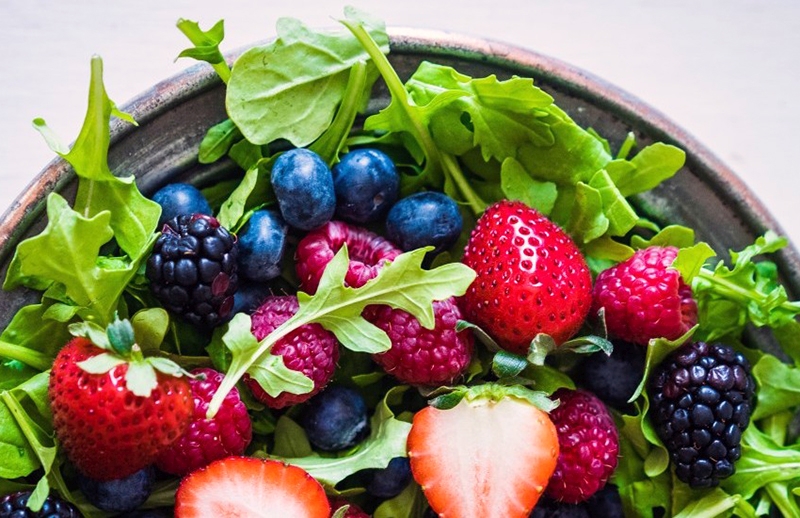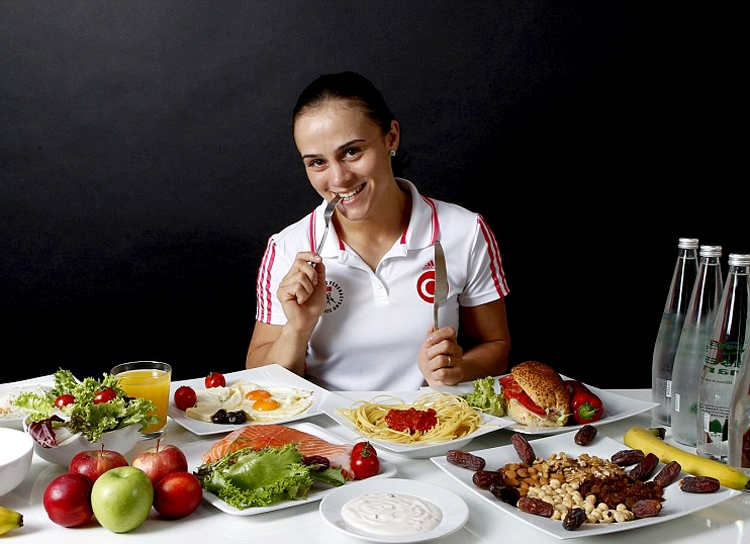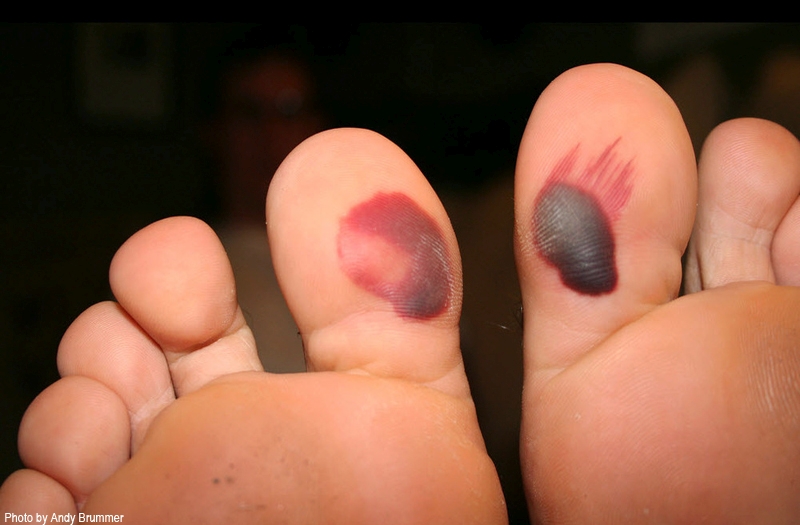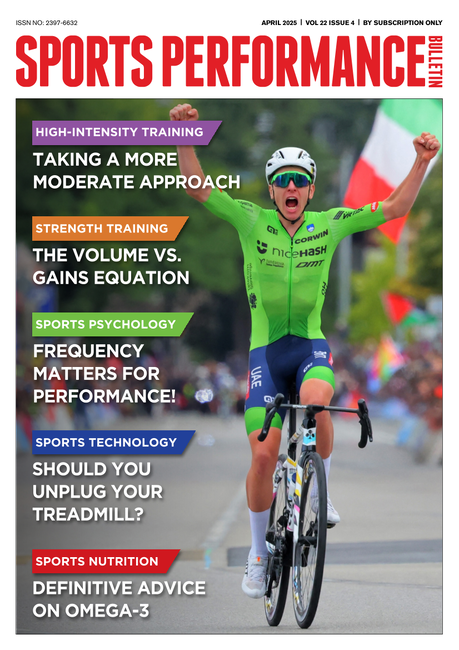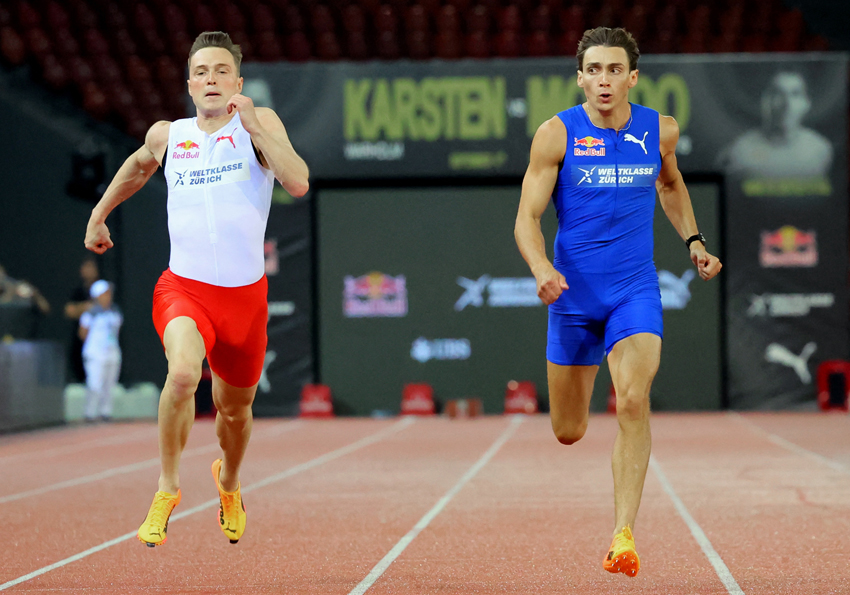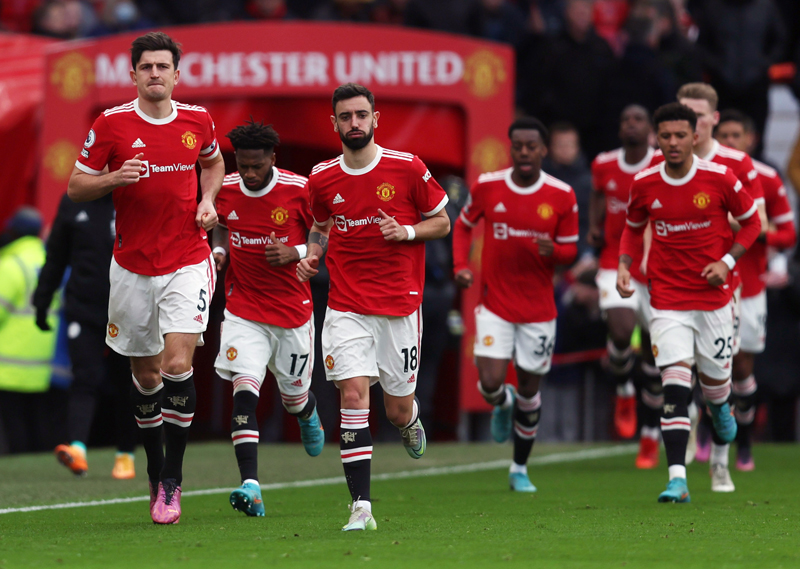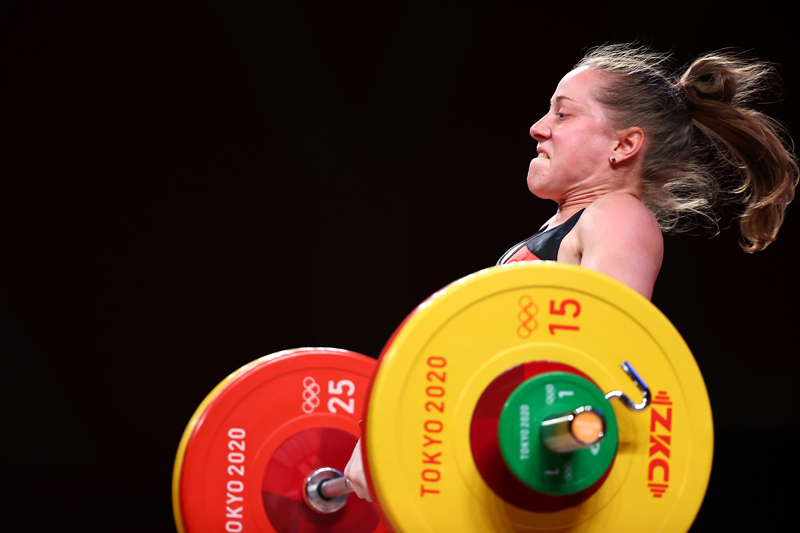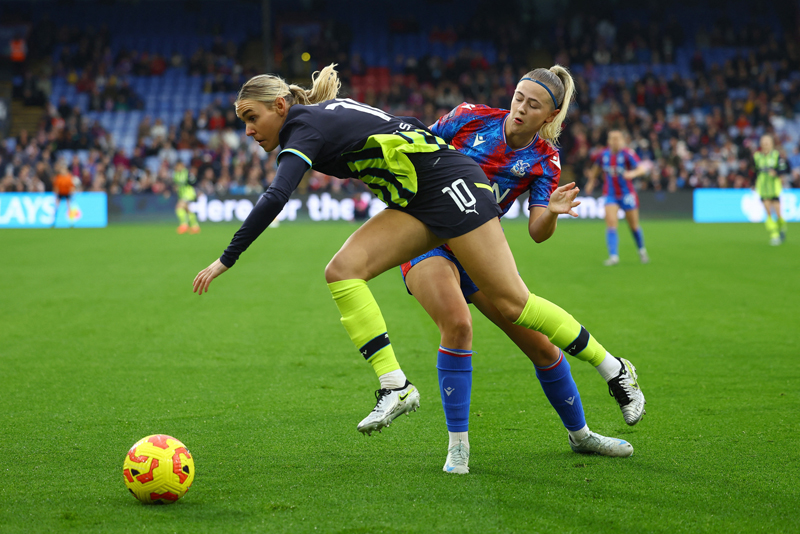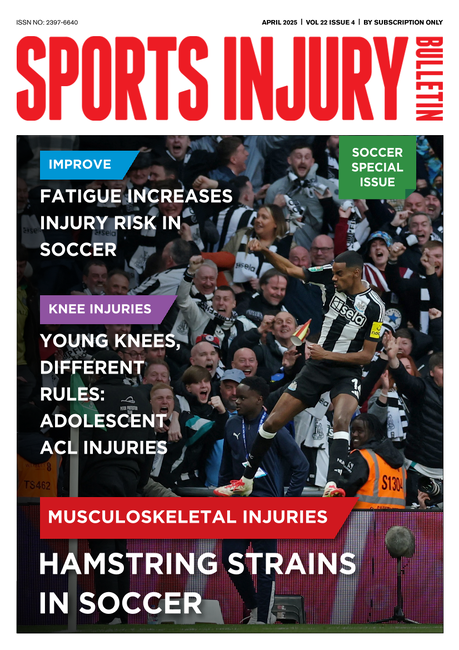You are viewing 1 of your 1 free articles. For unlimited access take a risk-free trial
Riboflavin: can this energy vitamin also accelerate recovery?

Riboflavin (also known as vitamin B2) is one of eight B vitamins that the body uses to metabolise fat and protein, and to convert dietary carbohydrate into the glucose our cells continuous require for energy. In particular, the nerves and brain need riboflavin to function properly and it also helps keep your skin, eyes, hair, and liver healthy. As a water-soluble vitamin, your body doesn’t store it, so you need to regularly get enough in your diet. A healthy diet containing foods such as unprocessed whole grains, lean meats, cheese milk and yoghurt, nuts such as almonds and certain vegetables such as broccoli, spinach and mushrooms will ensure enough daily B2 intake to satisfy your everyday needs.
Riboflavin and muscle soreness
However, more recent research shows that riboflavin is known to protect cells tissue from oxidative damage, which has led some researchers to speculate whether giving higher doses of this vitamin in supplemental form could help ameliorate exercise-related muscle soreness. With that in mind, researchers have investigated whether the ingestion of riboflavin was able to reduce muscle pain and soreness during and after completion of the 2016 Western States Endurance Run - a 161-km ultramarathon [Sports Med Open. 2017 Dec;3(1):14. doi: 10.1186/s40798017-0081-4]. They also sought to establish whether it was able to improve subsequent performance after the ultra event. The study design was a double-blind, placebo-controlled trial, which meant that as well as including a placebo or ‘control’ group, neither the researchers nor the runners knew who was taking the riboflavin supplement and who was taking the inert placebo pill.Forty-six runners were assigned into a riboflavin supplementation group (32 subjects) or a control group (14 subjects). Shortly before the race start, the riboflavin group runners were given a 100mg capsule of riboflavin while the control group was given an identical looking placebo capsule. All the runners provided muscle pain and soreness ratings before, during, and immediately after the race and for the ten subsequent days. Subjects also completed 400m runs at maximum speed on days 3, 5, and 10 after the race. The results between the two groups were then compared.
What they found
The first main finding was that compared to the control group, levels of muscle pain and soreness ratings during and immediately after the race were found to be significantly lower in the riboflavin group (see figure 1). The second finding was that the riboflavin-supplemented runners performed significantly better with faster times in the 400m runs performed on days 3 and 5 following the ultramarathon. By day 10 however, the 400m times were no different between the two groups.Figure 1: Riboflavin and muscle soreness levels

Implications for athletes
Previous research by the same group of scientists found that muscle soreness after an ultramarathon and subsequent rates of recovery were determined by the amount of exercise-induced muscle damage. Given riboflavin’s ability to protect cells from damage, this would help explain why it helped reduce muscle soreness and improved 400m performance on days three and five after the ultramarathon. Of note however is the dosage used; 100mgs is around 75 times higher than the daily amount you might expect to get from an average diet! That’s not a problem as riboflavin is known to be extremely non-toxic even at very high doses. What it does mean however is that even a riboflavin-rich diet is unlikely to exert the same kind of beneficial effects. A final word; this is the first study on riboflavin supplementation and recovery; it might be a cliché but more research will be needed before scientists can be 100% confident of the recovery benefits of riboflavin supplementation.Here are some tips for athletes reduce muscle soreness after long, hard events and accelerate recovery:
- Although more research is needed, riboflavin is cheap and safe to supplement so experimenting for yourself is an option.
- If you do, take 100mgs of riboflavin about 30 minutes before the start of your training/competition. Be aware that supplementing riboflavin at high doses makes your urine very yellow so don’t be shocked – this is quite normal!
- Don’t forget the basics of recovery; consume around 20-30 grams of whey protein and carbohydrate immediately after finishing exercise and ensure you consume plenty of fluid, especially in warm conditions. Cool baths (around 10C) and massage can also help reduce inflammation and accelerate recovery.
Newsletter Sign Up
Testimonials
Dr. Alexandra Fandetti-Robin, Back & Body Chiropractic
Elspeth Cowell MSCh DpodM SRCh HCPC reg
William Hunter, Nuffield Health
Newsletter Sign Up
Coaches Testimonials
Dr. Alexandra Fandetti-Robin, Back & Body Chiropractic
Elspeth Cowell MSCh DpodM SRCh HCPC reg
William Hunter, Nuffield Health
Keep up with latest sports science research and apply it to maximize performance
Today you have the chance to join a group of athletes, and sports coaches/trainers who all have something special in common...
They use the latest research to improve performance for themselves and their clients - both athletes and sports teams - with help from global specialists in the fields of sports science, sports medicine and sports psychology.
They do this by reading Sports Performance Bulletin, an easy-to-digest but serious-minded journal dedicated to high performance sports. SPB offers a wealth of information and insight into the latest research, in an easily-accessible and understood format, along with a wealth of practical recommendations.
*includes 3 coaching manuals
Get Inspired
All the latest techniques and approaches
Sports Performance Bulletin helps dedicated endurance athletes improve their performance. Sense-checking the latest sports science research, and sourcing evidence and case studies to support findings, Sports Performance Bulletin turns proven insights into easily digestible practical advice. Supporting athletes, coaches and professionals who wish to ensure their guidance and programmes are kept right up to date and based on credible science.
